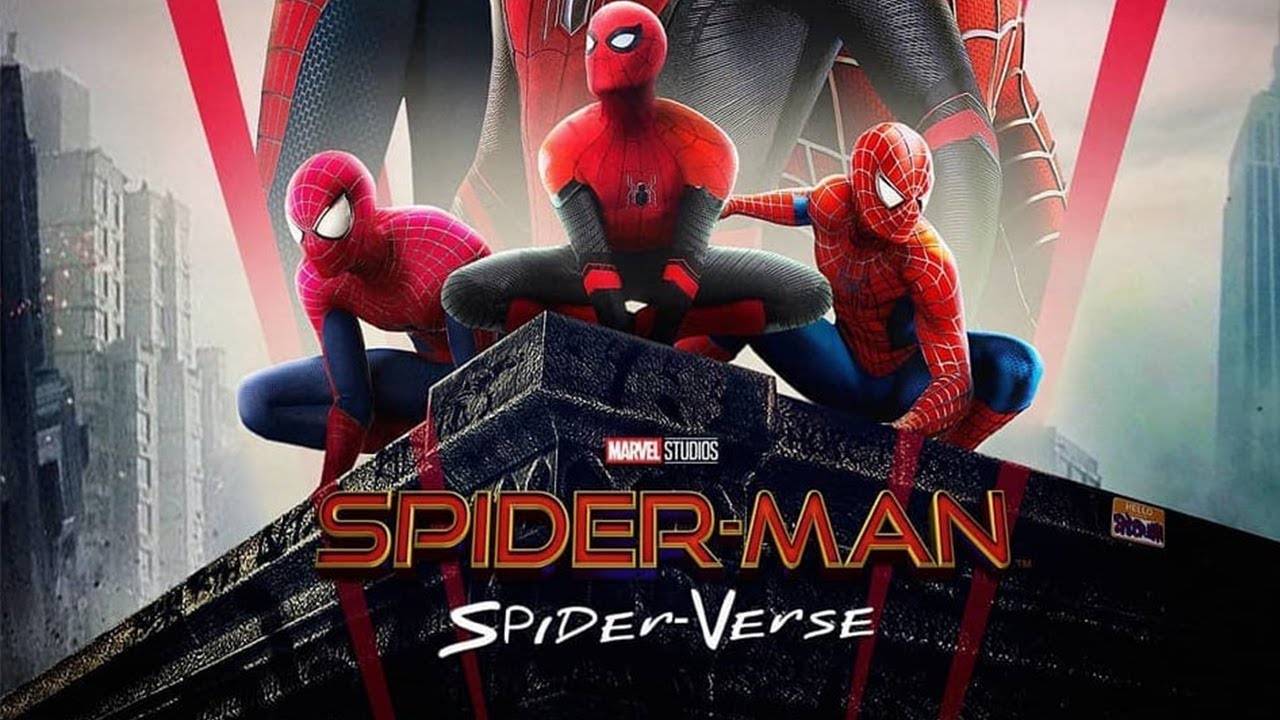
Am I the only one fed up with catchphrases in tech to create the Next Big Thing (NBT)? Cloud, Big Data, Platform, Ecosystem, Kubernetes and more are regularly catching an ember to try to spark a fire. Sometimes it works – Digital and Banking-as-a-Service (I’m biased as I was there first) – but some just seem silly. Take the latest NBT – Metaverse. What? I thought that was a Spiderman thing and yet suddenly I’m being inundated with metaverse articles. It’s a summer 2021 thing, just like NFTs were a summer 2020 thing. There’s always a bandwagon or train people want everyone to jump on.
Nevertheless, the Metaverse is interesting. What is it? The alternative world of the internet that allows you to travel without leaving your chair. It’s like the Holodeck of Star Trek: the Next Generation, where you walk through a door (in this case, a virtual one) and enter an alternative universe. Wikipedia defines it as:
“A collective virtual shared space including the sum of all virtual worlds and the Internet. It may contain derivatives or copies of the real world, but it is distinct from augmented reality. The word ‘metaverse’ is made up of the prefix ‘meta’ (meaning beyond) and the stem ‘verse’ (a backformation from ‘universe’); the term is typically used to describe the concept of a future iteration of the internet, made up of persistent, shared, 3D virtual spaces linked into a perceived virtual universe.”
Cool.
Why is this now the hot topic of 2021?
Because people are living virtually. They’re locked down for over a year, and transporting themselves via the internet to other worlds. The New York Times makes this easy to digest:
Remember hearing about “the internet”? Get ready for “the metaverse.” The term comes from digital antiquity: Coined by the writer Neal Stephenson in his 1992 novel, “Snow Crash,” then reimagined as the Oasis in the Ernest Cline novel “Ready Player One,” it refers to a fully realized digital world that exists beyond the analog one in which we live …
As a buzzword, the metaverse refers to a variety of virtual experiences, environments and assets that gained momentum during the online-everything shift of the pandemic. Together, these new technologies hint at what the internet will become next.
Video games like Roblox and Fortnite and Animal Crossing: New Horizons, in which players can build their own worlds, have metaverse tendencies, as does most social media. If you own a non-fungible token or even just some crypto, you’re part of the metaversal experience. Virtual and augmented reality are, at a minimum, metaverse adjacent. If you’ve attended a work meeting or a party using a digital avatar, you’re treading into the neighborhood of metaversality.
Founders, investors, futurists and executives have all tried to stake their claim in the metaverse, expounding on its potential for social connection, experimentation, entertainment and, crucially, profit.
Ah … profit.
That’s where our interest should be piqued. So, why is this relevant to FinTech and Banking?
Well, payments and finance are going to be a battleground in Metaverse worlds. There are virtual world payment systems. Interoperability between such worlds has not been cracked. You may wonder why it’s important to do this, and the answer is: customer experience. If I build up a major virtual world store of value with MetaBank and cannot transfer this to AltBank, then the customer is frustrated. We have seen this in the past with Second Life (when Ginko Bank disappeared) and World of Warcraft, and it is clear there is an opportunity here to be the MegaBank for the Metaverse.
Simon Taylor of 11FS in his weekly Brain Food rant hits the nail on the head:
The internet did two things to the analog economy. It transformed existing business models to internet native business models. We will see both of these things play out in The Metaverse.
There’s plenty more about the Metaverse out there, and some of you may dismiss this as just gaming. Bear in mind that gaming is bigger than the movie industry and therefore, if you dismiss it, you’re missing out and losing out on one of the greatest opportunities to make money and profit for the next decades.
What we are going to see is a whole army of visionaries and innovators from Facebook to PayPal to Stripe to Adyen to the whole FinTech community creating an alternative financial universe. A Finverse if you like.
The challenge of the Finverse - which will be HUGE! - is where the hell would you find a bank in this alternative life? Oh ... nowhere.
Chris M Skinner
Chris Skinner is best known as an independent commentator on the financial markets through his blog, TheFinanser.com, as author of the bestselling book Digital Bank, and Chair of the European networking forum the Financial Services Club. He has been voted one of the most influential people in banking by The Financial Brand (as well as one of the best blogs), a FinTech Titan (Next Bank), one of the Fintech Leaders you need to follow (City AM, Deluxe and Jax Finance), as well as one of the Top 40 most influential people in financial technology by the Wall Street Journal's Financial News. To learn more click here...

